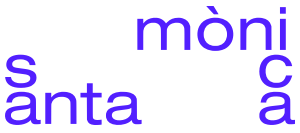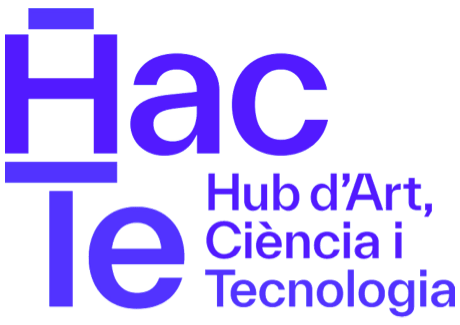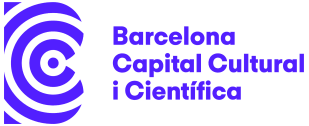'Poster'
← 'Poster'
June 13 to 15Poster / Mapping for the future: the challenge of preserving digital literatures in Latin America

- Abstract: Innovation has become the key to understanding the functioning of contemporary capitalism, where “the new” is at the center of the productive model. Digital technologies are constantly updated, making obsolete and disposable all those products that are not able to adjust to the model of hyper productivity, which also includes ideas and cultural productions. How does this condition affect digital arts, digital literature? How to preserve works marked by the constant threat of technological obsolescence? How to build an archive of them, whose very principle, which is remaining, goes against the constant movement of the new, present in informational capitalism?
The construction of the Cartography of Latin American Digital Literature project was born in response to these questions, presenting an interactive map to account for a compilation of 200 literary works created for digital media and composed with code language by authors from Argentina, Peru, Chile, Colombia, Ecuador, Uruguay, Venezuela and Mexico in the last 30 years. The project was a collaboration with “Atlas of Brazilian digital literature” with about 150 works compiled by Rejane Rocha, researcher at Federal University of San Carlos in Brazil.
The cartography is navigated by different variables that relate genre classifications, formats and characteristics of digital literary works in the region, taking the same language of the web to create an interactive and scalable experience -to which new works can be added-, where the traditional boundaries of a political map fade away. In addition, this visualization is linked to a repository, which as a digital library, contains information sheets, folders with images, navigation videos, interviews with authors, and technical documentation.
What is archived when a work of digital literature is archived? This project accounts for the different layers of complexity of this kind of research, which crosses literature, technology, archive, digital media and creative processes.
- Biography: Carolina Zúñiga Vásquez (Journalist, degree in Social Communication, University of Chile; Certificate in Documentary Stud-ies and a Master of Arts in Media Studies, The New School University, New York) is assistant professor at the School of Journalism at Universidad Diego Portales where she develops digital projects and teaches courses with emphasis on new media, digital narratives, and documentary. Currently, she is the director of the Digital Laboratory of the Faculty of Com-munication and Letters in this same university. She has worked as a journalistic producer, filmmaker and editor for television and documentary film. She is also co-researcher of the Fond-ecyt project “Cartografía de la literatura digital latinoamericana” (2018 – 2022), director of the multimedia research “Raúl Zurita: Documentos públicos de la vida privada” (2016 – 2018) and executive producer of the interactive documentary “Archivero Disidente” (2021-2023).
Venue
- Casa Batlló
Passeig de Gràcia, 43, Barcelona
⟵ Return to 'Poster'





